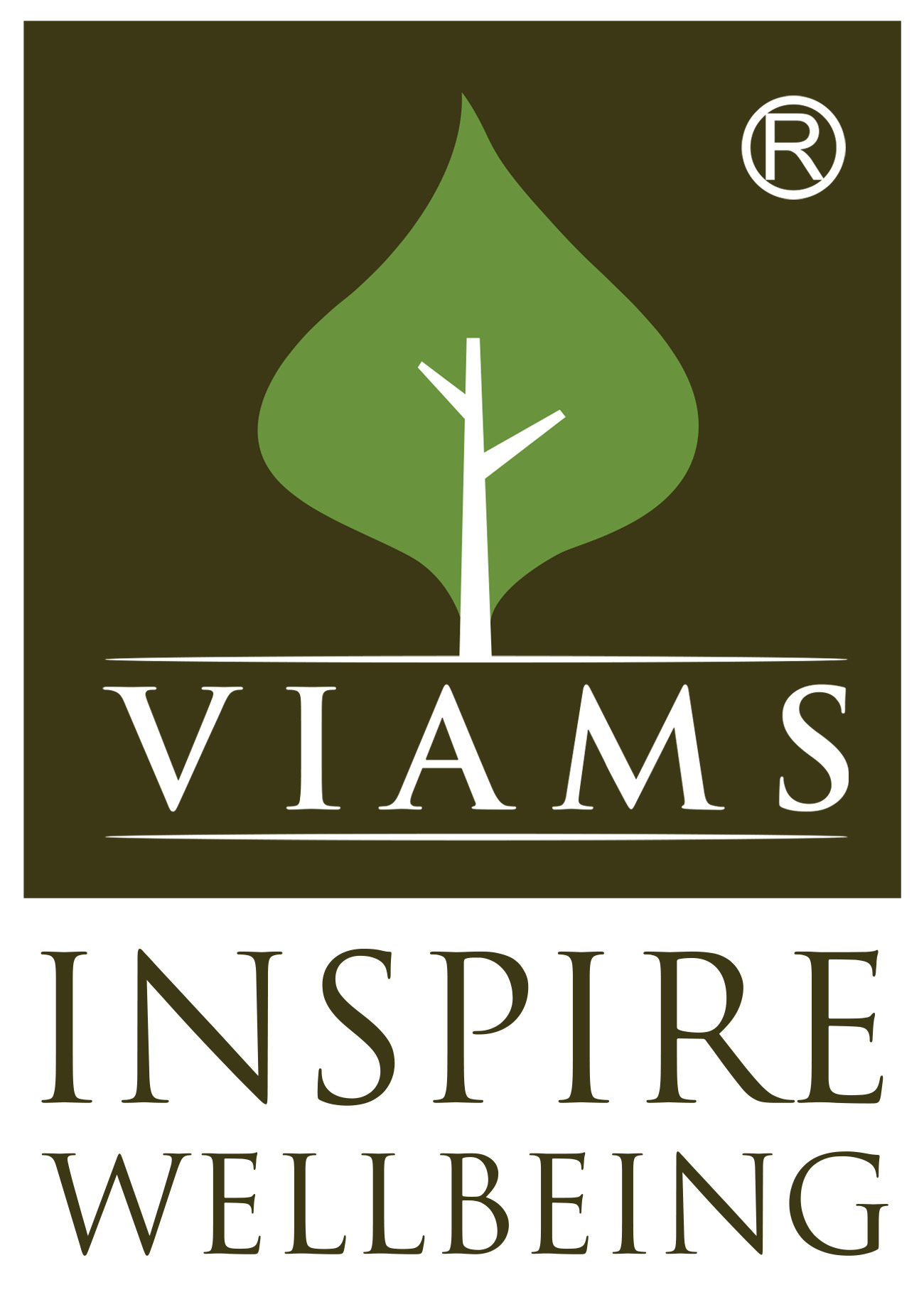Trigeminal Neuralgia
Trigeminal Neuralgia is a chronic pain condition that affects the trigeminal nerve, which carries sensation from the face to the brain. Patients experience sudden, severe, and shock-like pain in the face, often triggered by routine activities such as chewing, speaking, or even touching the face. The exact cause may be nerve compression or damage, potentially due to conditions like multiple sclerosis or the presence of a tumor.
Ayurvedic Concept of Trigeminal Neuralgia (Ananthavata)
In Ayurveda, Trigeminal Neuralgia can be compared to a condition called “Ananthavata,” where there is an aggravation of Vata Dosha, leading to severe pain, especially in the head and facial regions. Ayurveda views the imbalance in the nervous system (Vata imbalance) as the core factor behind this condition. This imbalance could be caused by poor diet, improper lifestyle, stress, or external environmental factors, leading to disruption of the normal flow of energy (Prana Vayu) and resulting in intense facial pain.
Signs and Symptoms
- Sudden, severe facial pain described as stabbing or electric-shock-like.
- Pain episodes that may last from a few seconds to a few minutes.
- Pain affecting one side of the face.
- Pain triggered by activities like talking, eating, or brushing the teeth.
- Progressive worsening over time if untreated.
Pathogenesis in Ayurveda
The pathogenesis of Trigeminal Neuralgia in Ayurveda is understood as a result of Vata vitiation, leading to an obstruction in the nervous pathways and dysfunction in the channels (Srotas) responsible for sensory transmission. This obstructed flow of Vata causes the sudden and sharp pain experienced by the patient.
Ayurvedic Treatment Possibilities
Ayurveda offers a holistic approach to managing Trigeminal Neuralgia, focusing on restoring balance to the Vata Dosha and improving nerve function. Panchakarma therapies and customized herbal formulations play a significant role in both the management and long-term relief of the condition.
Customized Herbal Medicines: At VIAMS, our specially formulated medicines are designed to pacify aggravated Vata and reduce nerve pain. These herbal formulations, created after years of research, aim to rejuvenate the nervous system and promote better energy flow through the affected areas.
Benefits of Ayurvedic Treatment for Trigeminal Neuralgia
- Pain Relief: Ayurvedic therapies focus on pacifying Vata and reducing inflammation, providing significant relief from facial pain.
- Holistic Approach: Unlike modern medicine, which often relies on pain management through medications or surgery, Ayurveda treats the root cause by balancing the body’s energies.
- Detoxification: Panchakarma treatments help in detoxifying the body, ensuring that blockages in the nervous system are removed, which contributes to long-term relief.
- Rejuvenation: Rasayana therapies in Ayurveda promote nerve regeneration, helping patients regain normal sensory functions over time.
- Personalized Care: Each treatment is customized according to the individual’s constitution (Prakriti) and the severity of the disease, ensuring effective and long-lasting results.
Ayurveda Therapies, Panchakarma Therapies and Their Effectiveness
Panchakarma offers profound benefits in treating Trigeminal Neuralgia. Treatments like Snehana (oleation) and Swedana (fomentation) help relax the muscles and improve circulation, while therapies like Nasya (nasal administration of medicines) can directly address nerve inflammation and pain.
Shirodhara, a traditional therapy where warm herbal oil is poured over the forehead, is particularly effective in calming the nervous system and relieving pain. These therapies not only alleviate the symptoms but also help prevent recurrences by addressing the underlying Vata imbalance.
Integration of Allied Health Sciences for Comprehensive Care
At VIAMS, we integrate allied health care sciences to ensure a well-rounded treatment for Trigeminal Neuralgia.
- Physiotherapy: Nerve stimulation exercises help restore function and reduce pain.
- Yoga and Pranayama: Specific asanas and breathing exercises enhance blood circulation and calm the nervous system, improving the overall efficacy of Ayurvedic treatments.
- Diet and Lifestyle Modifications: Dietary recommendations based on Ayurvedic principles play a key role in balancing Vata and enhancing recovery.
- Psychological Counseling: Chronic pain can have psychological impacts. Counseling helps patients manage stress, which can often trigger or worsen pain episodes.
The VIAMS Advantage: Customized Medicines and Tailored Therapies
Our center’s strength lies in the combination of time-tested Ayurvedic medicines and customized treatment protocols. Each patient receives a unique combination of Panchakarma therapies, herbal medicines, and allied health interventions, ensuring the highest standard of care. This approach has yielded excellent outcomes, with many patients experiencing significant long-term relief from their Trigeminal Neuralgia symptoms.
Our Uniqueness
- Tailor-made medicines from our own Pharmacy
- Integration of Allied Healthcare Techniques
- Experienced Doctors & Therapists
- Three Stages of Treatment with Assessment
- Continuous Online Support 24 X 7
